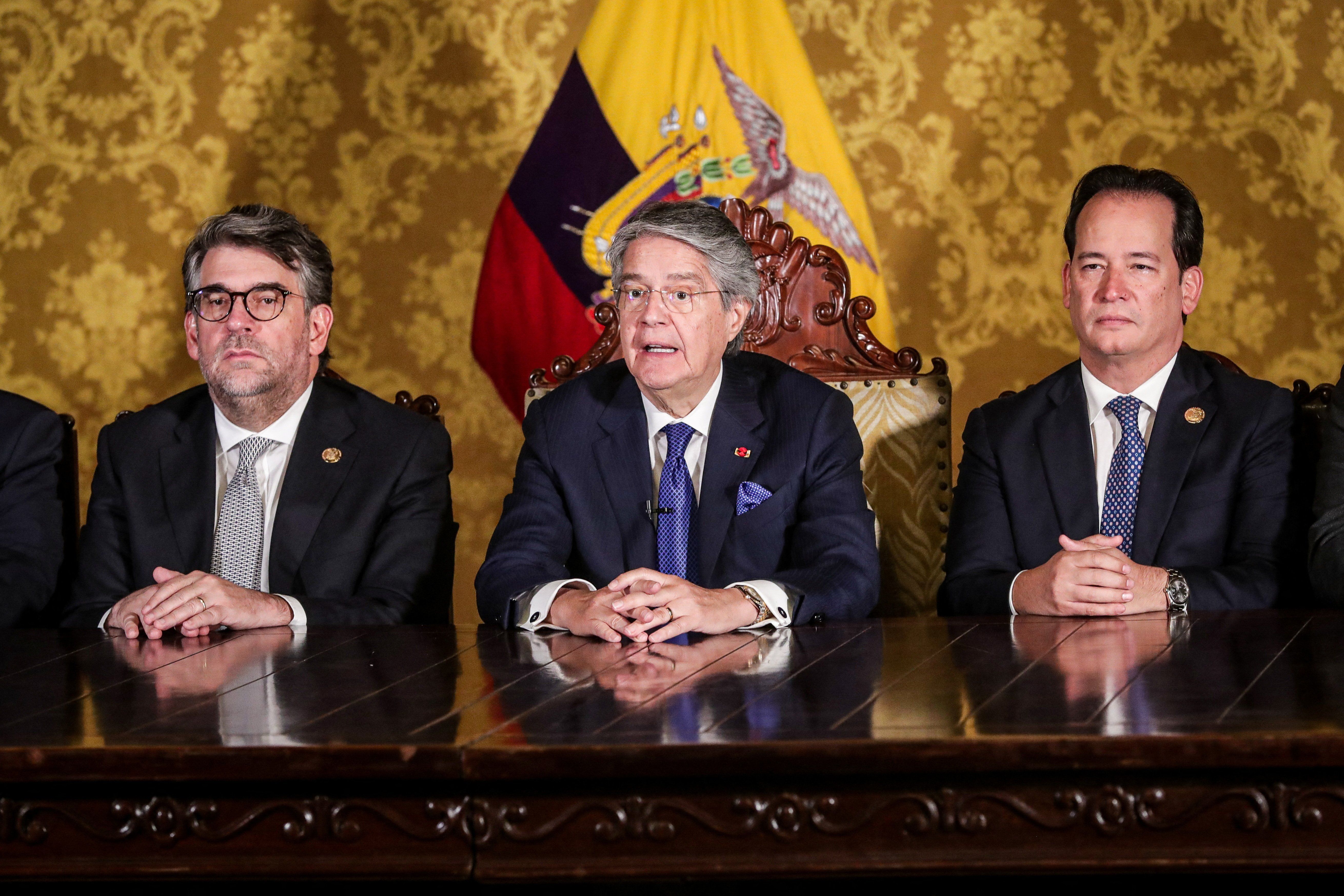We warned you this might happen … Early on Wednesday, Ecuador’s embattled President Guillermo Lasso dissolved parliament to scuttle his impeachment. Lasso can rule by decree for up to six months after triggering the so-called muerte cruzada or mutual death clause of the constitution, which mandates a new election in about 90 days.
(Recap: Lasso was facing an impeachment vote on embezzlement charges, which he says are politically motivated. Before the president smoked the proceedings, it was unclear whether the opposition had enough votes to convict him.)
In the short term, turmoil is all but assured in a country already wracked by violence from local gangs allied with Mexican drug cartels. "We're going to see major popular and institutional pushback to this move, with Congress trying to not recognize that as legitimate, and a significant amount of social unrest in the coming days," says Eurasia Group analyst Risa Grais-Targow.
Lasso, a center-right former banker, did not confirm he'll run for reelection in the snap vote, where the clear favorite is the left-wing party of former President Rafael Correa.
